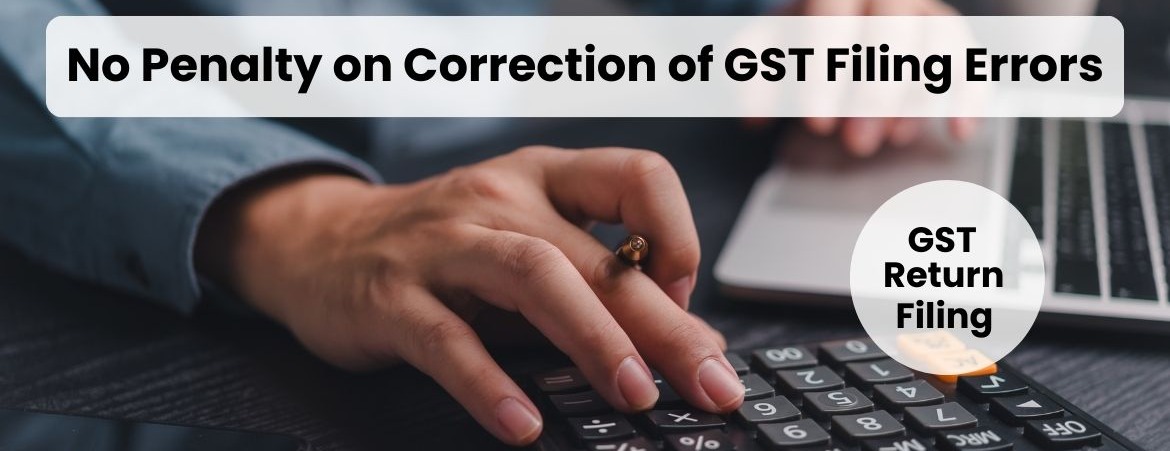Velu Pillai, J.@mdashIn this appeal, which arises out of an order settling the amount payable under a decree, the only question for decision is, whether interest on costs is also payable by the appellant, the fourth judgment-debtor, to the respondent, decree-holder. The latter succeeded in obtaining a decree against the former in the District Court at Alleppey only for a part of the claim made by him; accordingly, the decree allowed the respondent only proportionate costs and interest thereon. On appeal, the Travancore-Cochin High Court decreed the full claim of the respondent, and as a result ordered payment of the full costs of the respondent in the District Court. There was no direction in the appellate decree for the realisation of any interest on such costs. When the appellant applied to the execution court for the payment of the decree amount in accordance with the provisions of Act XXXI of 1958, the respondent raised the contention, that he is entitled also to interest on costs in the District Court under the terms of the appellate decree. This contention was accepted and hence this appeal. There is no provision in the appellate decree for the payment of interest on any portion of the costs incurred in the District Court. The direction in the decree passed by that court, being, as observed, only for the payment of the proportionate costs, is different in its scope and content, from the direction in the appellate decree; in other words, the direction in the appellate decree superseded the direction made by the District Court. To hold otherwise, would be not only to ignore the direction in the appellate decree, but also to predicate of a composite decree, as it were, made up of a decree for the payment of proportionate costs and interest thereon as passed by the District Court, and of a decree for the balance of the costs of the District Court made payable by the appellate decree. This is quite unsustainable. It is inconceivable, that the direction to pay interest on proportionate costs alone could stand, there being no such direction for the payment of interest on the balance of the costs. Surely, the respondent cannot contend, that the provision for interest on proportionate costs in the decree of the District Court can apply also to the balance of costs decreed by the High Court. If so, the contention of the respondent would mean, that one part of the costs alone would carry interest. This reasoning is wholly unsound.
2. The learned counsel for the respondent relied on the last clause of the appellate decree, which states, that "save as aforesaid, the decree of the lower court be and hereby is confirmed", as supporting the view, that interest on costs decreed by the District Court was not intended to be interfered with by the High Court. We think, that the specific direction in the appellate decree which has superseded the corresponding direction in the decree of the District Court, is a special provision, which excludes the general provision in the appellate decree, extracted above. We also hold, that there is no provision in the appellate decree, which allows interest on any portion of the costs incurred in the District Court. On the above reasoning we hold, that the order passed by the execution court for the inclusion of interest on costs, in the computation of the amount recoverable under the decree, cannot stand. It is accordingly set aside, and the appeal is allowed, but without costs in the circumstances.

